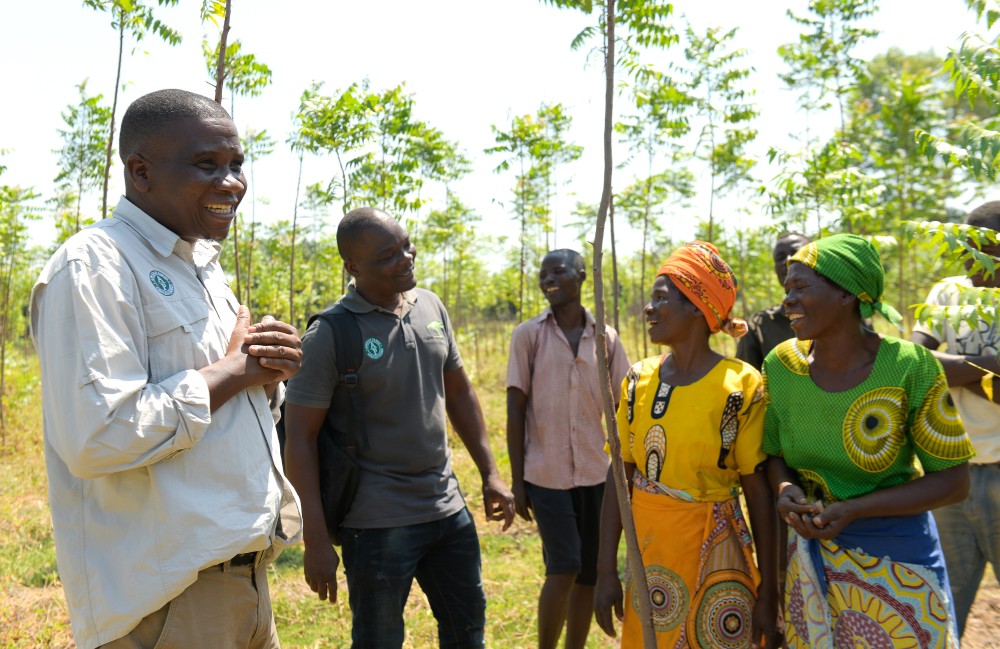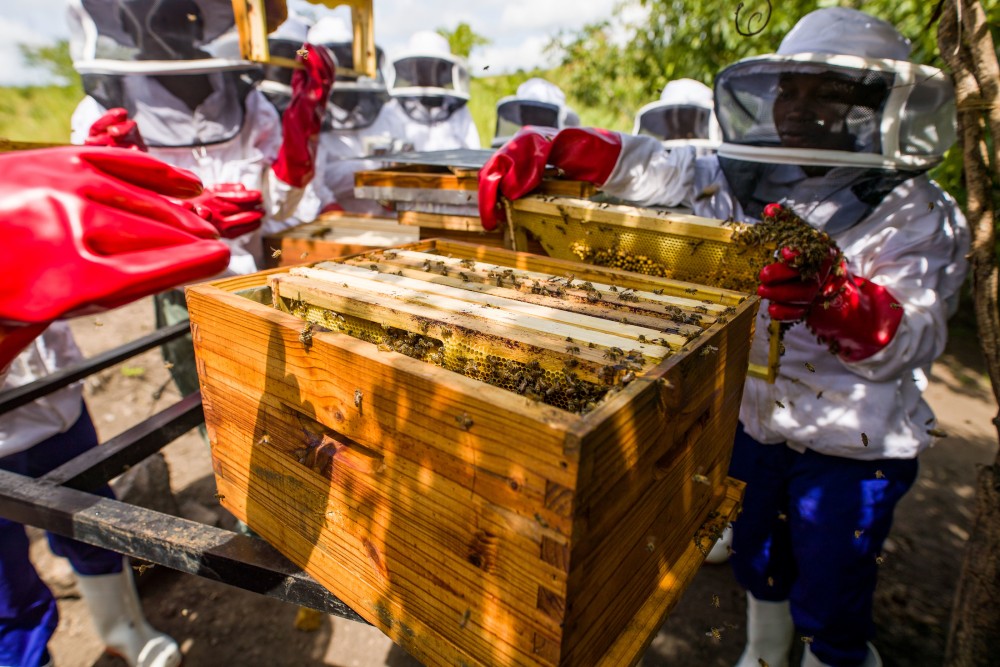More than 140,000 people live around Majete, but until 2003, the reserve delivered almost no benefits, aside from the unsustainable and illegal use of natural resources. Devoid of wildlife, the park had few to no tourists and no revenue was being generated. However, this all changed with African Parks assuming management of the reserve and launching community development initiatives.
Today, Majete employs 160 members of staff, most of whom come from the local area. Training is also provided for freelance community guides and for 20 young adults a year in skills such as computer repairs.
Community Engagement
 © Thoko Chikondi
© Thoko ChikondiIt is critical that communities are engaged, informed and empowered to participate in decision-making related to the management of the reserve and natural resources around it. To facilitate this, Majete has a governance structure comprising 20 Community Based Organisations (CBOs), serving as liaisons between African Parks, local communities and other partners, which in turn are represented under the Majete Wildlife Reserve Association (MWRA), a forum for the exchange of knowledge, experiences and challenges. A dedicated group engages with communities daily, hosting meetings where communication between Majete and the communities is enhanced: Majete provides regular updates about the reserve, where the communities can give feedback and make requests. In 2022, over 11,000 people were reached through village meetings.
Education and Environmental Awareness
In Malawi, children in rural communities have little access to good education, with low enrolment in secondary and tertiary level education, often due to lack of funds for tuition. Majete’s scholarship programme provides tuition fees for over 100 students a year, enabling them to attend school at secondary or university level.
Environmental education programmes have also been developed, focusing on creating environmental awareness amongst school children. This is done in conjunction with regular school visits to the reserve. In 2022, 2,535 children visited the park as part of the Wildlife Club programme.
Sustainable Enterprise Development
 © Naude Heunis
© Naude HeunisFor Majete to continue as a wildlife reserve, it is vital that the people living around the reserve benefit from its existence. As such, Majete invests in an extensive livelihoods programme aimed at improving the reliability of food production, increasing income-generation opportunities and reducing the reliance on illegal resource harvesting by providing sustainable economic opportunities.
One of Majete’s main community enterprises is beekeeping, an innovative social enterprise that empowers communities through the production and sale of high-quality organic honey as a source of income. Majete supports around 800 beekeepers, who in 2022 produced nearly 3 tonnes of honey.
Other initiatives include climate-smart agriculture and fish farming, where Majete provided infrastructure including solar-pumped boreholes and water storage facilities, fishponds, fingerlings and fish food, as well as agricultural training. Sustainable use of natural resources, such as thatching grass and bamboo from inside the reserve, is managed as well as reforestation projects that will provide a sustainable source of timber for the communities.
